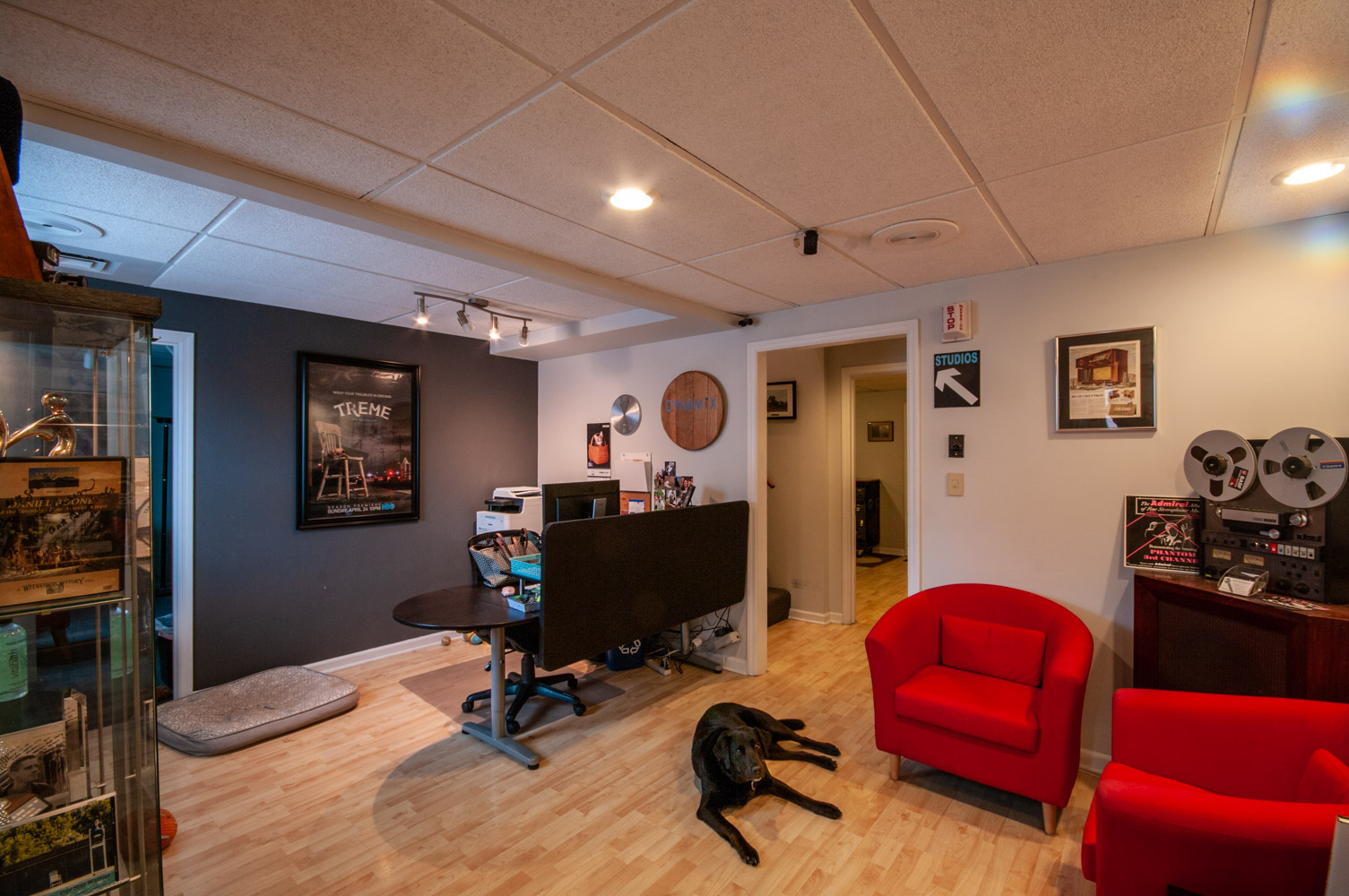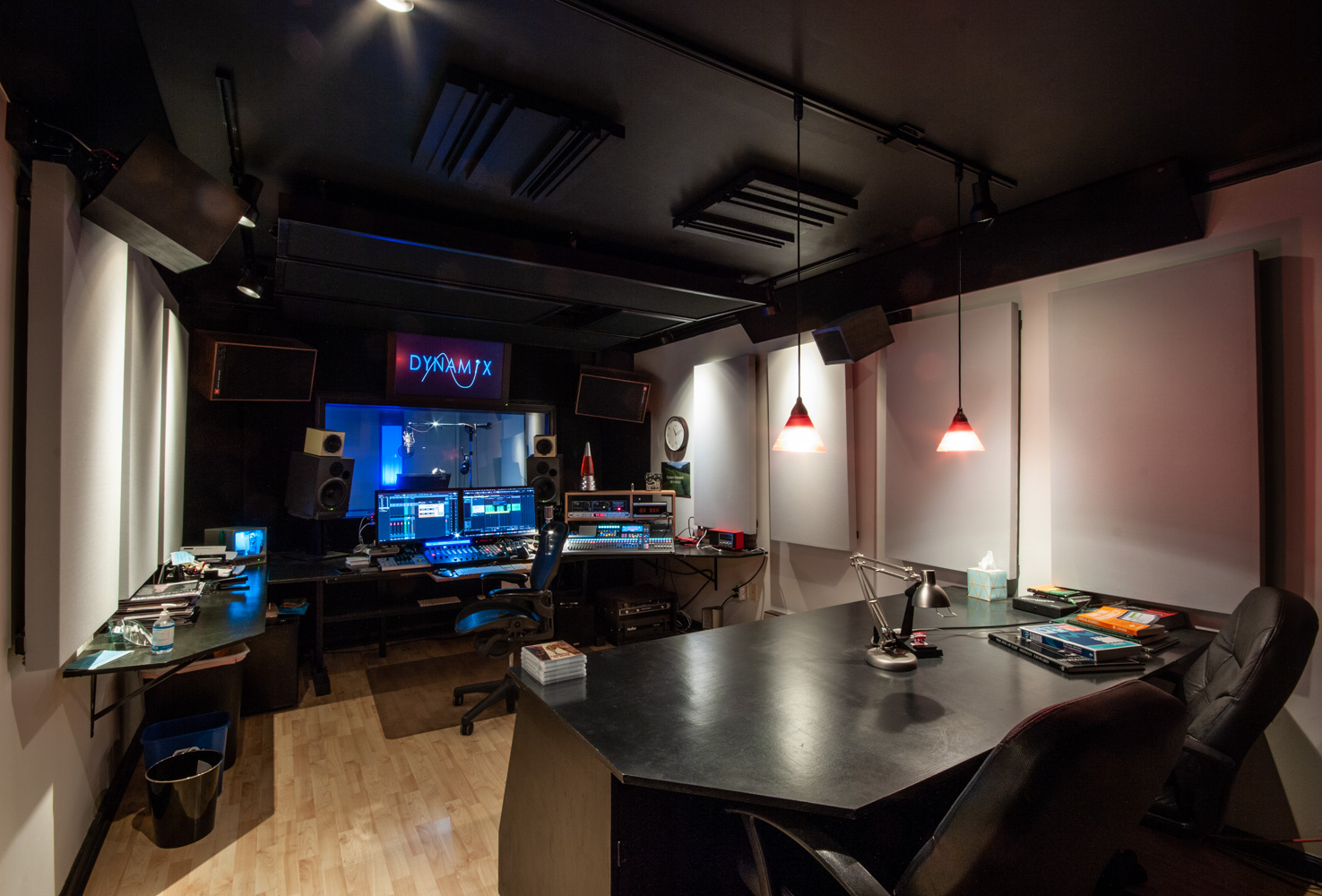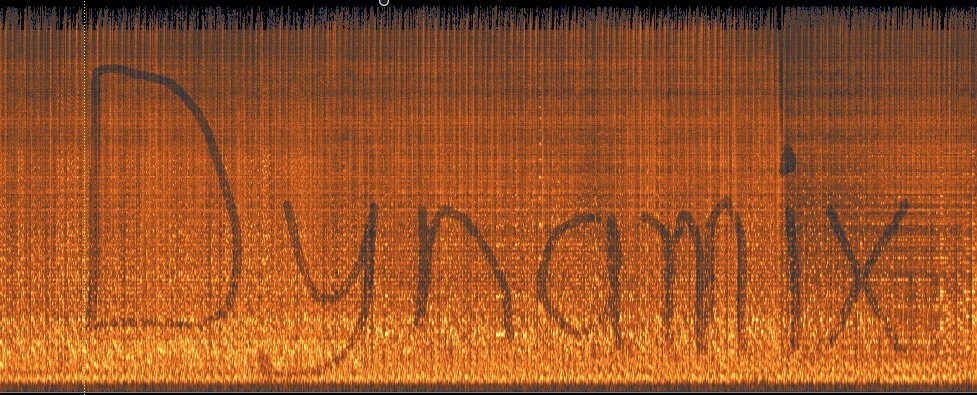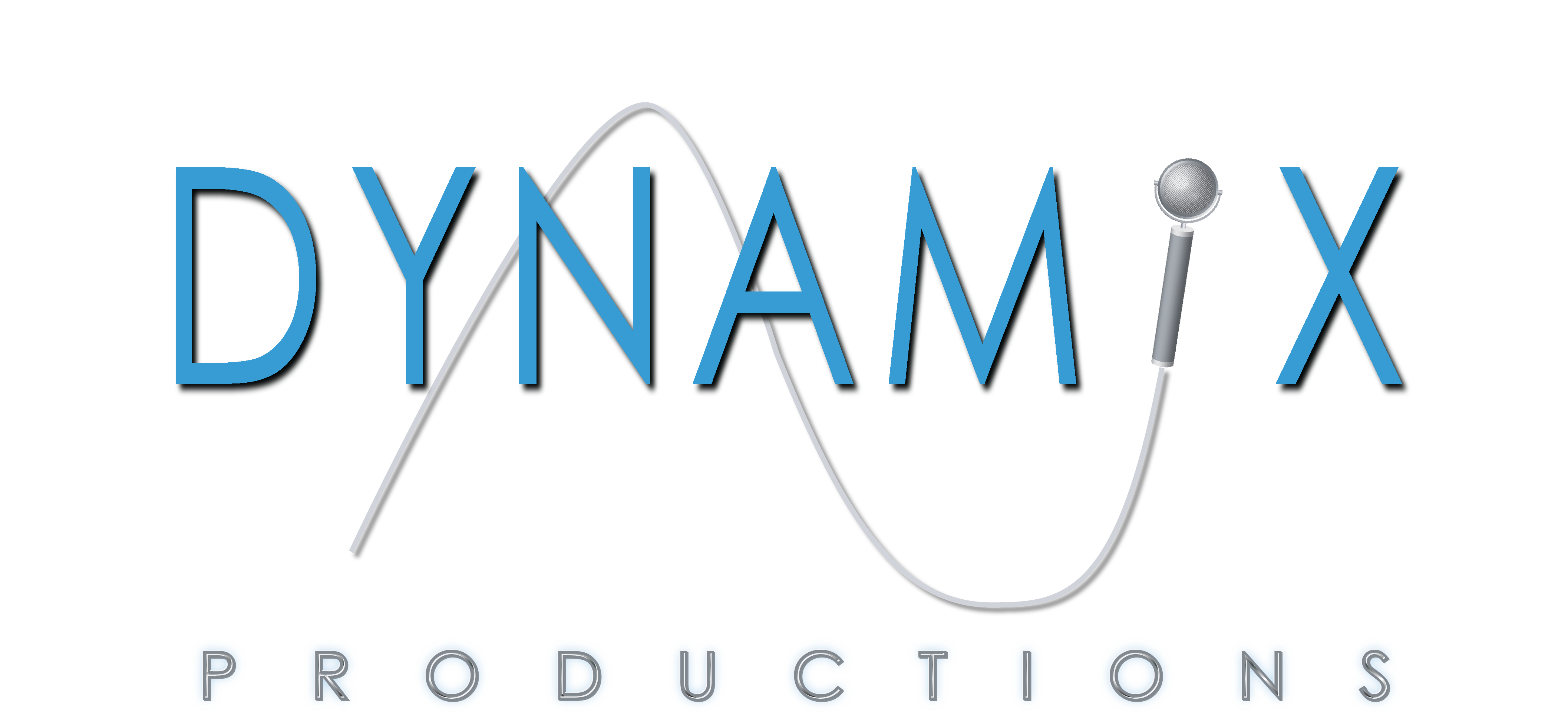
During the American Revolution, patriot spies sent secret coded messages to each other through several means: newspaper advertisements, invisible ink or code words buried within innocent-looking letters, and even carefully arranged laundry on a clothes line. These messages that are in plain sight, but undetectable to the causal observer, are often mistakenly called subliminal messages. But they are in fact supraliminal messages - hidden in plain sight and detectable if one knows where to look.
There is a fine threshold between conscious and unconscious detection of stimuli. Subliminal stimuli is below the level of conscious detection, only affecting the subconscious. It can’t be recognized, even when deliberately searching for it. Subliminal messaging is often intentionally directed at the subconscious to elicit a response or action that a person wouldn’t normally do.
An example of subliminal stimuli can be found in my recording studios. We deliberately painted our walls a neutral gray so that any color would pop out. We carefully chose red chairs in our waiting area so that customers would immediately perceive a sense of energy and creativity.

We then carried that theme to our control rooms with hanging red lamps over the producers’ desks. In our recording booths, we lined the back walls with cool blue lights, which elicits a calming effect for the talent. Almost every person that walks into a booth for the first time exhales contentedly and says “Wow,” or some other pleasing remark. Supraliminal messages we employ are reel-to-reels, artwork, and other elements that outwardly suggest we are a creative business.

Subliminal stimuli is also found in soundtracks: Choosing major or minor musical keys to manipulate mood, matching instruments with character personas, using drones to build tension, layering animal sounds with man-made ones to personify machines, the list goes on. Sound designers are usually trying to, frankly, manipulate the listener. We like to think the listener is a blank slate when they begin the experience of a movie or song. By controlling their mood with sounds, we can either lead the listener down a false path so that an upcoming event will have more impact (think of a surprise scare in a horror film), or leading the listener down a single emotional path (think new age music or ASMR).
Supraliminal messaging (not subliminal messaging) can be found in advertising, crowd control, etc. For instance, flashing a frame or two of a bucket of popcorn or soft drink during a movie to entice a purchase at the snack counter. Softly spoken suggestions to not steal merchandise under background music in a store is another tactic. What researches have found is that supraliminal messaging can't necessarily jolt someone into doing something they aren't already considering, but it can influence an existing desire. A British experiment displayed German and French wines together that were similar in style and price. On alternating days the supermarket played French music and German music. On days that German music played, those wines increased in sales, and vice versa for the French wines.
Advertising and business seems to be the most enthusiastic about using subliminal and supraliminal messaging. But it has found its way into music. A few examples are often referenced. The Beatles intentionally used backmasking (a recording is played backwards to reveal forward-playing sound, like speech or music) in 1968’s “I’m So Tired” as a response to crazy fan theories that Paul McCartney died and had been replaced with a double. But Led Zeppelin fought off theories that “Stairway to Heaven,” when played backwards, exalted Satan. This YouTube video has words on screen to suggest what words Robert Plant might be singing when the song is played backwards.
I would argue that messages found by playing records backwards aren't subliminal or supraliminal messages, they're really Easter eggs. Humans just aren't particularly good at deciphering backwards speech unless highly trained. This is true of any art form that one must actively decode in order to find any real or perceived messages that may or may not be hidden. When subjective interpretation is involved, like in “Stairway to Heaven,” one’s emotional state and cultural influences must also be taken into consideration. I'm guessing many of the bands that purposefully put vague, quasi-demonic messages in their music were probably having a big laugh and enjoying all the buzz about it.
Sometimes hidden messages cross art forms. The Silent Hill horror media franchise recently released a teaser trailer that included a message that can only be decoded by viewing its audio spectrogram. This clever blend of sound and visual art had fans buzzing once it was discovered by an eagle-eared observer.
SILENT-HILL-TOWNFALL-TRAILER-SECRET-MSG-1-e1666533090145Keeping with spooky themes, I tried my own spectrogram message in Sonny Rollins' "Friday the 13th".

Artists, from filmmakers and painters, to writers, sculptors, architects, and musicians have been toying with us for eons.
- Michaelango hid the human brain in God's cloak in his Sistine Chapel masterpiece.
- Leonardo Da Vinci painted his initials in Mona Lisa's right eye.
- Film director David Fincher placed Starbucks coffee cups in every Fight Club scene, and used the name Tyler Durden, Brad Pitt's character from that movie, in The Social Network.
- Steven Spielberg hid Star Wars' R2-D2 and C-3PO as heiroglyphs in Raiders of the Lost Ark.
- One World Trade Center in New York is exactly 1,776 feet tall to the top mast, with the height of the building itself being 1,362 feet, the measurements of the original twin towers.
- The World War II memorial in Washington, D.C. has "Kilroy was here" graffiti, popular during the war, in two places.
- Washington, D.C. designer Pierre Charles L'Enfant placed the Capitol building exactly in the center of our capital.
For as long as there is art, there will be secret, subliminal, and supraliminal messages hidden within. The same can be said for business and advertising. Outside of direct manipulation, like online and social media companies do with our personal data, eliciting a response from a listener/viewer is always the goal. And when a secret door is found, it seems to bring a whole new meaning to that song, painting, poem, film, or building. I say, "Gyihmuck tihpeek!" (That's "Keep it coming!" backwards.)
Tags: subliminal, supraliminal, Secret messages, Backmasking, The Beatles, Led Zepelin







